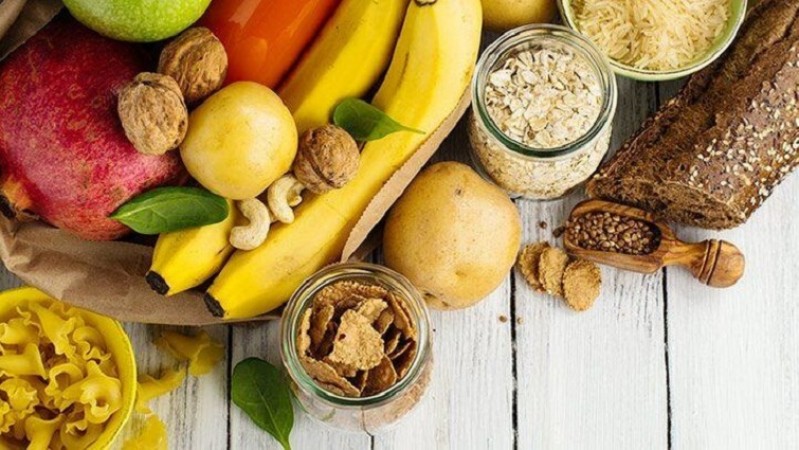
Maintaining stable blood sugar levels is essential for overall health, especially for individuals with diabetes or those at risk of developing the condition. Diet plays a crucial role in managing blood sugar levels effectively. Incorporating certain foods into your daily meals can help control blood sugar and promote better glycemic control. In this article, we will explore a range of foods that have been scientifically proven to assist in regulating blood sugar levels.
Leafy Greens: Leafy greens such as spinach, kale, and collard greens are rich in fiber, vitamins, and minerals. Their low carbohydrate content and high fiber content help slow down the absorption of sugar into the bloodstream, preventing rapid spikes in blood glucose levels. Additionally, they are packed with antioxidants that reduce inflammation and improve insulin sensitivity.
Berries: Blueberries, strawberries, raspberries, and blackberries are excellent choices for blood sugar management. These fruits are low in sugar but high in fiber, which helps regulate blood glucose levels. The antioxidants in berries also aid in reducing oxidative stress and inflammation associated with diabetes.
Whole Grains: Switching from refined grains to whole grains like quinoa, brown rice, and whole wheat can have a significant impact on blood sugar control. Whole grains contain more fiber, which slows down the digestion and absorption of carbohydrates, leading to more stable blood sugar levels.
Legumes: Beans, lentils, and chickpeas are rich sources of protein and fiber, making them valuable foods for managing blood sugar. The combination of protein and fiber helps keep blood glucose levels steady and promotes a feeling of fullness, preventing overeating.
Nuts and Seeds: Nuts such as almonds, walnuts, and chia seeds are packed with healthy fats, protein, and fiber. Including these in your diet can help improve insulin sensitivity and reduce the risk of type 2 diabetes. However, it's essential to consume them in moderation due to their high calorie content.
Fatty Fish: Fatty fish like salmon, mackerel, and sardines are excellent sources of omega-3 fatty acids, which offer various health benefits, including improved insulin sensitivity. These fats help reduce inflammation and contribute to heart health, which is crucial for people with diabetes, who have a higher risk of cardiovascular complications.
Cinnamon: Cinnamon is a spice with natural blood sugar-lowering properties. Studies have shown that consuming cinnamon regularly can reduce fasting blood sugar levels and improve insulin sensitivity. Adding a pinch of cinnamon to your meals or beverages can be an easy way to incorporate it into your diet.
Greek Yogurt: Greek yogurt is a protein-rich dairy product that contains probiotics beneficial for gut health. The protein content helps slow down the absorption of glucose, while the probiotics may have a positive impact on insulin sensitivity.
Managing blood sugar levels is vital for overall health, especially for individuals with diabetes or those at risk of developing the condition. Including the right foods in your diet can significantly contribute to better glycemic control and overall well-being. Remember to combine a balanced diet with regular physical activity and consult with a healthcare professional or a registered dietitian to create a personalized plan that suits your specific needs and health goals. By making these dietary changes, you can take proactive steps towards better blood sugar control and lead a healthier life.